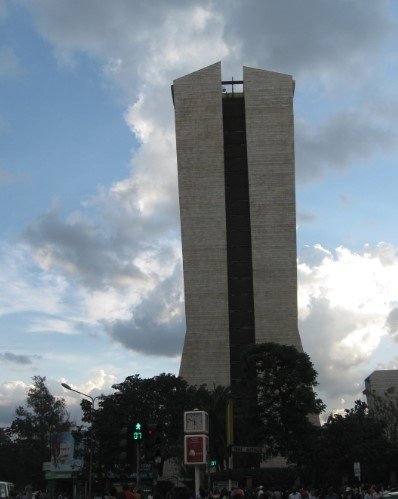The Reserve Bank of India has hit three cooperative banks with fines totaling Rs 8.6 lakh for breaking key banking rules. This action, announced on September 9, 2025, targets Bidar District Cooperative Central Bank in Karnataka, Raigad District Central Cooperative Bank in Maharashtra, and Ottapalam Cooperative Urban Bank in Kerala, highlighting ongoing issues with regulatory compliance in the sector.
Details of the Penalties
The largest fine went to Bidar District Cooperative Central Bank, which must pay Rs 5.5 lakh. This bank, based in Karnataka, faced charges for granting loans linked to its directors and missing deadlines to publish and submit financial statements for the 2023-24 fiscal year.
Raigad District Central Cooperative Bank in Maharashtra received a Rs 2.1 lakh penalty. Inspectors found it had approved or renewed loans to its own directors, a clear violation of lending guidelines.

Ottapalam Cooperative Urban Bank in Kerala got the smallest fine of Rs 1 lakh. It broke rules by issuing fresh loans with high risk weights and handing out debit cards to certain cash credit accounts, against the supervisory action framework and card issuance directions from 2022.
These penalties stem from routine inspections that uncovered lapses in following the Banking Regulation Act and other RBI guidelines.
Reasons Behind the Violations
RBI inspections revealed specific problems in each case. For Bidar DCC Bank, the issues included not sharing balance sheets with RBI and NABARD on time, which affects transparency and oversight in rural lending.
In Raigad’s situation, the loans to directors raised concerns about conflicts of interest. Such practices can lead to unfair advantages and weaken trust in cooperative banking, which serves many small farmers and local businesses.
Ottapalam’s errors involved risky lending and improper card issuance. This could expose the bank to higher defaults and misuse of funds, especially in accounts meant for short-term credit.
Experts say these violations often happen due to weak internal controls or pressure to meet local demands. Cooperative banks handle about 10 percent of India’s total banking deposits, making compliance crucial for financial stability.
Cooperative banks have faced growing scrutiny. In the 2024-25 financial year, RBI imposed over 260 penalties on such institutions, up from previous years, signaling a push for better governance.
Impact on the Banks and Customers
These fines are not just slaps on the wrist. They force banks to review their operations and fix gaps, which might mean tighter loan approvals or better record-keeping. For smaller banks like these, the costs add up, potentially affecting services in rural areas.
Customers might see no direct change, as RBI stressed the penalties address compliance only, not the validity of transactions. However, repeated issues could erode confidence. In Bidar, where the bank supports agriculture, farmers rely on timely loans, so any disruption matters.
| Bank Name | Location | Penalty Amount (Rs) | Main Violation |
|---|---|---|---|
| Bidar DCC Bank | Karnataka | 5.5 lakh | Director loans and delayed financial reports |
| Raigad DCC Bank | Maharashtra | 2.1 lakh | Loans to directors |
| Ottapalam Urban Bank | Kerala | 1 lakh | Risky loans and improper debit cards |
This table shows the breakdown, based on RBI’s findings.
On a positive note, some banks have improved after fines. For example, earlier penalties in 2025 led to better KYC practices in other cooperatives.
Broader Trends in RBI Enforcement
RBI has ramped up actions against cooperative banks this year. Just days before this announcement, fines hit five other banks for Rs 18.52 lakh combined, including lapses in asset classification and fraud reporting.
This fits a pattern. In May 2025, reports showed RBI slapped 264 penalties on cooperatives in 2024-25, the highest ever, focusing on governance. Reasons include outdated systems and rapid growth without matching controls.
Experts link this to India’s push for digital banking. With more mobile and internet services, banks must follow strict rules to prevent risks like cyber threats or money laundering.
Cooperative banks manage over Rs 5 lakh crore in assets, serving 8.6 crore depositors. Strong regulation protects these funds, especially after past scandals like the Punjab and Maharashtra Cooperative Bank crisis in 2019.
What This Means for the Future
Looking ahead, these fines could prompt more training and tech upgrades in cooperative banks. RBI’s recent directives on internet banking returns aim to boost monitoring.
Industry watchers expect continued strictness. With economic growth, banks face pressure to lend more, but rules ensure safety.
If you found this article helpful, share it with others interested in banking news or comment below on how these changes might affect local finance.







